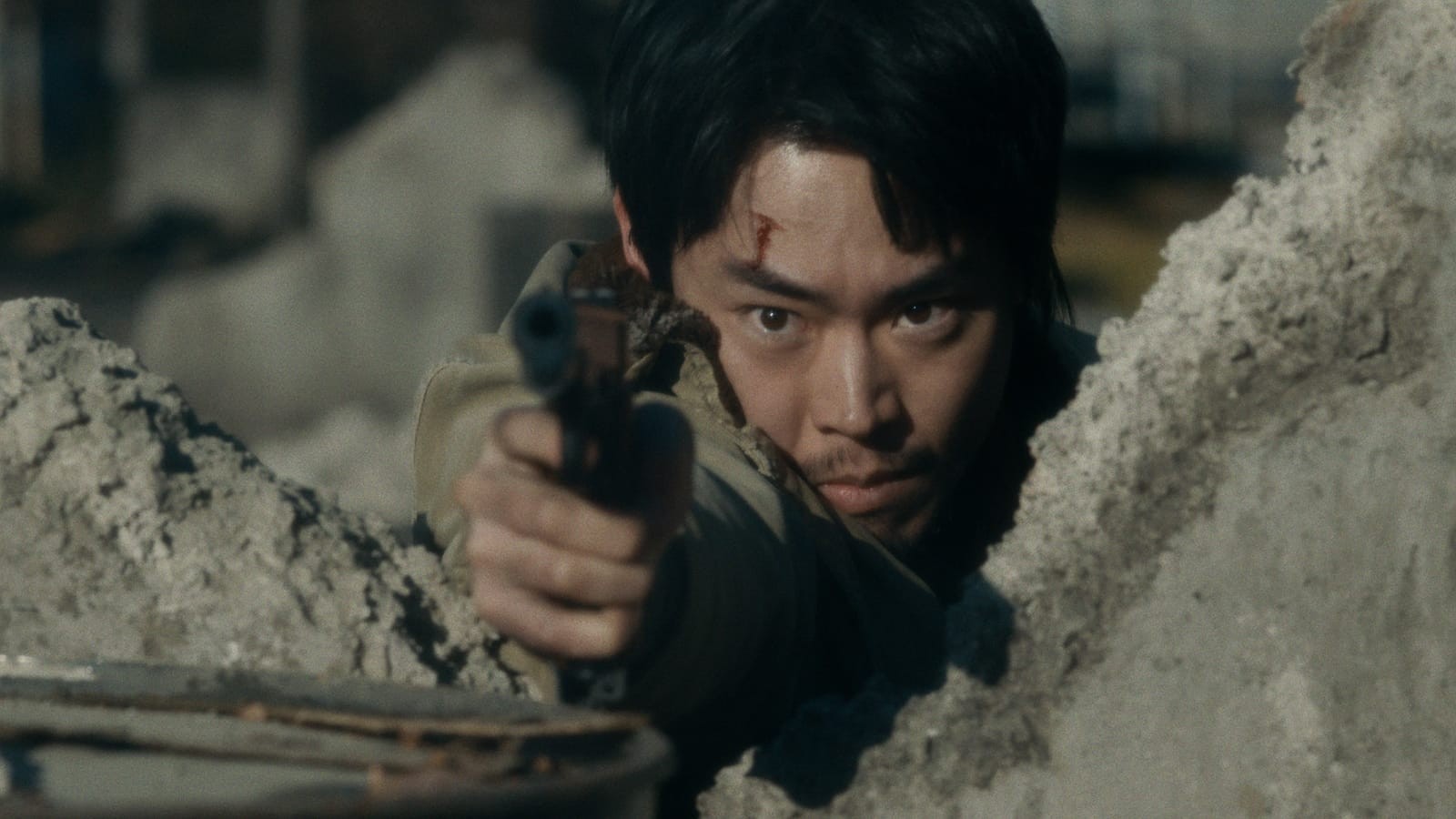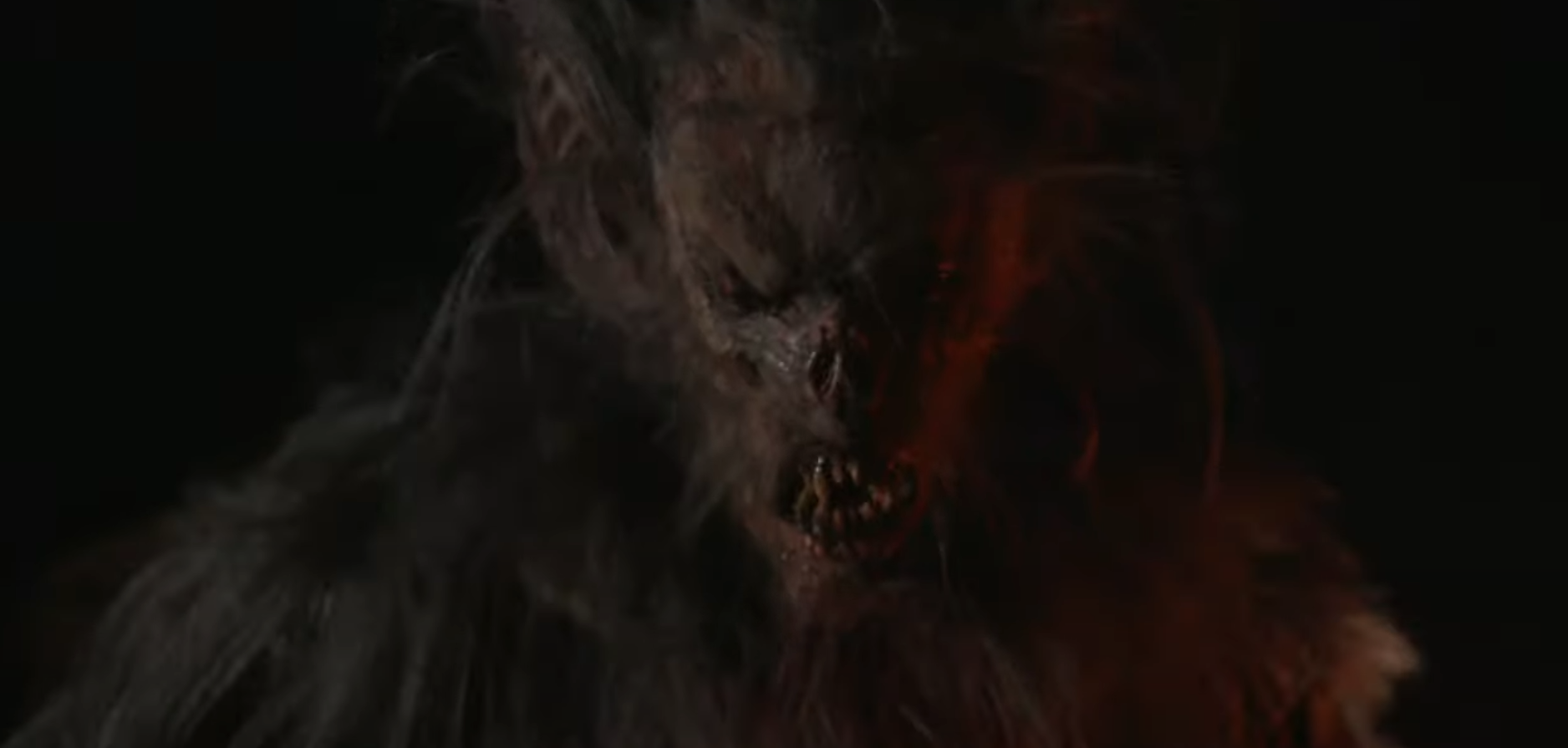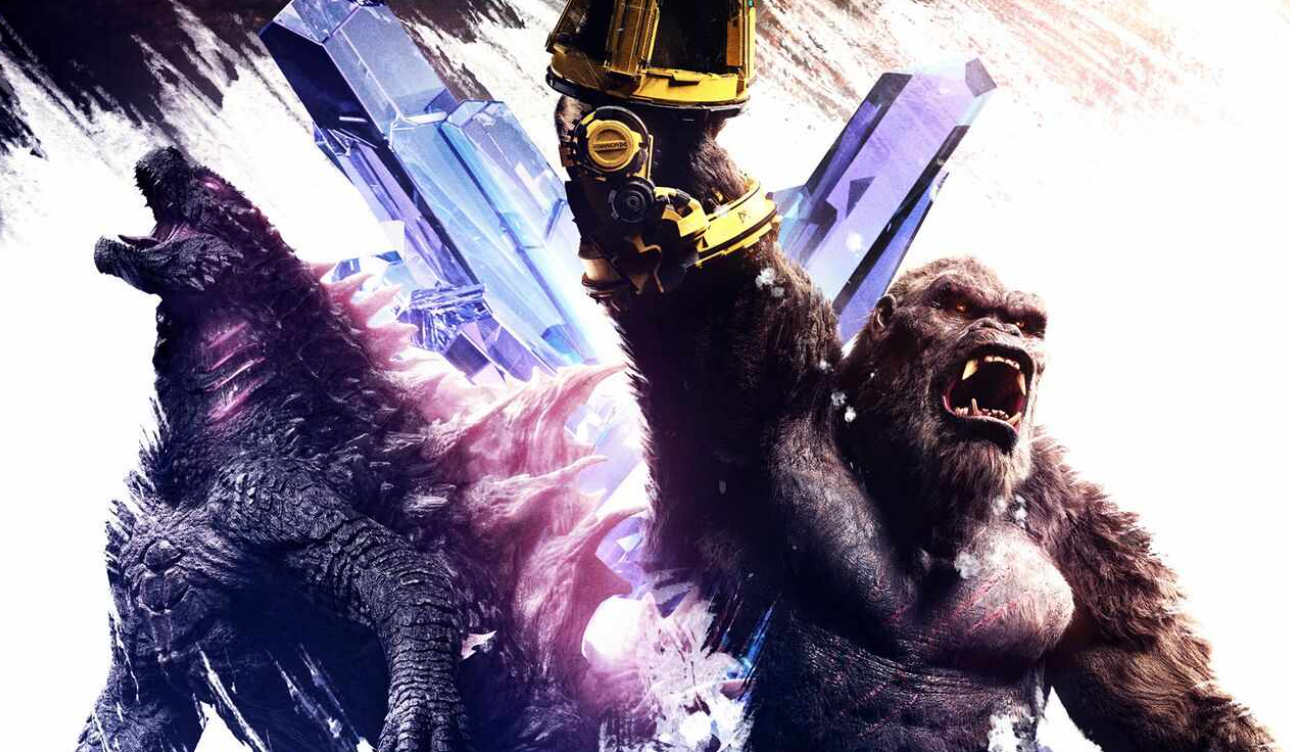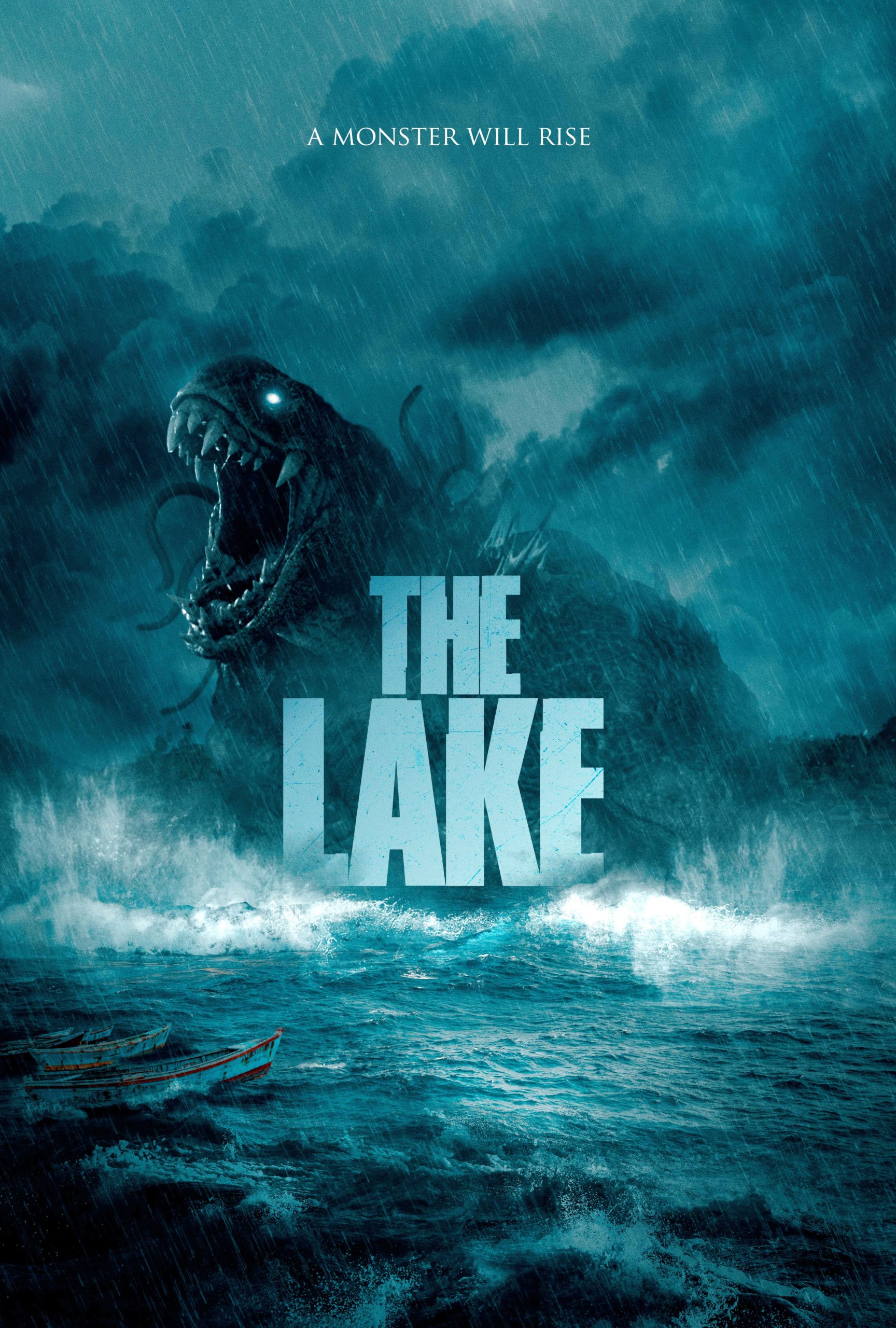Filmmaker Kiyoshi Kurosawa has firmly established himself as one of Japan’s masters of cinema and continues to thrive to this day. Frequently, he’s cited for expertise in suspense and horror, as demonstrated in acclaimed films such as Cure and Pulse. Yet, if Tokyo Sonata is anything to go by, he has also shown himself to excel in drama. Through his ability to navigate multiple genres, Kurosawa often weaves thematic cruxes that underscore his filmography, further contributing to these movies’ enduring appeal. Now, the renowned auteur graces audiences once again with his latest sublime endeavor, Cloud, a psychological thriller that delivers nail-biting suspense while serving as an unsettling deconstruction of capitalist ambition in the digital age.
Produced under Nikkatsu, Cloud was developed during a particularly busy creative period for Kiyoshi Kurosawa, who was simultaneously working on multiple projects, including Chime and Serpent’s Path, the latter a French-language remake of his 1998 movie of the same name. Though Chime and Serpent’s Path have earned their fair share of recognition, Cloud has emerged as the most widely acclaimed of these three back-to-back productions. Furthermore, following a successful film festival run and widespread acclaim, the acquisition of the film by Sideshow and Janus Films has enabled the opportunity to continue reaching international audiences.

We follow Ryosuke Yoshii, a factory worker who, on the side, operates as an online reseller under the alias “Ratel,” earning a substantial profit by reselling various products at a markup. The hustle proves profitable, prompting him to quit his job and subsequently move into a large house in a suburb with his lover, Akiko. Furthermore, he repurposes the property as an office and storage hub for his online business and hires an assistant, Sano, to help with his operations. Yet despite the continuous success of his reselling, he remains oblivious and indifferent to his growingly negative reputation online, with various individuals voicing their disdain in forums. The resentment eventually escalates into several of these people banding together to take revenge on him. The vengeful mob includes several disgruntled suppliers, angry customers, his ex-boss Takimoto, and rival reseller Muraoka. Thus, Yoshii finds himself fighting for his life.

Cloud moves at a leisurely pace, and as Ryosuke Yoshii’s shady online reselling brings him success, his negative reputation intensifies, earning him enemies who plot together to murder him as a form of retribution. When tensions appear to settle, Kurosawa delivers a sensory jolt with a terrifying turn of events. Along the way, numerous twists and turns heighten the film’s intensity and drama.
Kiyoshi Kurosawa is firing on all cylinders here, skillfully crafting an intriguing premise while delivering an eerie and hypnotic atmosphere that showcases his signature directorial strengths. There’s drama with the stakes he raises, interweaving horror elements and leading into an action-packed finale that doses the audience with an adrenaline rush. Surprisingly, the film can also be quite funny with its touches of satire and dark humor.
As a psychological thriller, Cloud is as deeply unsettling as it is shockingly relevant. In an era where social media is generally marketed in a positive light as a technological advancement with numerous benefits, Kurosawa explores the darker side of these interactive technologies. He had previously incorporated the theme of technology in his J-Horror feature Pulse, though with supernatural elements contrasting to the grounded portrayal shown here.

The scary truth highlighted throughout the film is that online interactions can worsen preexisting social issues that can amplify dehumanization, along with increasing isolation that further creates a disconnect from reality. Even more disturbing is how negative emotions expressed within online circles can eventually bleed into the real world and escalate to violence, such as by a collective group united by grudges. The loss of morality in the age of the Internet correlates with the film being a cautionary tale of financial gain through digital capitalism.
As Ryosuke Yoshii becomes further embroiled in his pursuit of profit through shady practices as an online reseller, his greed intensifies, increasing his social isolation, which eventually alienates him from his girlfriend, Akiko, and others around him. Furthermore, Cloud highlights that rising greed within a competitive capitalist system frequently leads humans to leech off each other and eventually turn on one another for personal gain, as exemplified by some of the sinister assailants who target Yoshii.
The film’s very title, Cloud, brilliantly ties into these themes of critiquing social media and capitalism in more ways than one. The online world is a digital cloud made up of social media and internet-based marketplaces. Throughout the movie, there are literal clouds outside that enhance the film’s haunting atmosphere. Lastly, these characters’ actions create a clouded reality, such as Ryosuke Yoshii being unaware of the looming danger until it suddenly hits him.
Like most of the characters in this film, Ryosuke Yoshii is not the most sympathetic protagonist. In fact, viewers are likely to be put off by his increasingly cold and detached demeanor. Yet, having the audience follow him throughout the story allows the themes to truly come to full fruition. Even so, when he eventually faces the consequences of his actions and is thrust into a fight-or-flight situation, Kurosawa humanizes him, and Masaki Suda’s terrific performance really helps in sealing the effect.
Ryosuke Yoshii’s love interest, Akiko, is a similarly interesting character, brought to life through a nuanced performance by Kotone Furukawa. She wants to settle down, yet Yoshii’s increasingly cold demeanor leads her to distance herself from him. Moreover, his detachment and greed eventually rub off on her. The protagonist’s assistant, Sano, proves to be a far more complex and mysterious individual than he initially lets on, amplified by Daiken Okudaira’s understated portrayal that enhances the mystique.
The assailants who target Yoshii are depicted with chilling realism. An example is Masataka Kubota as Muraoka, the very man who got Yoshii into online reselling, yet his own lack of success led to growing resentment. There’s also Miyake, played by Amane Okayama, someone so down on his luck that he’s living in an internet cafe. Yet, when he ends up on the receiving end of Ratel’s shady business practices, this proves to be the straw that breaks the camel’s back. Perhaps the most terrifying performance comes from Yoshiyoshi Arakawa as Yoshii’s ex-boss, Takimoto, whose fragile mental state shatters when his former factory employee rejects a promotion, unleashing a bloodthirsty monster.
Along with a strong script and terrific performances, Cloud is a visually enchanting feature that makes striking use of lighting and set design. Yasuyuki Sasaki’s cinematography manages to be beautiful and consistently enhances the film’s mood. Takuma Watanabe’s atmospheric music score is also employed to great effect. Next to the visuals and the soundtrack, the movie boasts masterful sound design. Part of what makes the final shootout so beyond its skillful staging is the chilling use of sound.
Cloud is yet another fresh gem from Kiyoshi Kurosawa. It moves at a purposefully slow pace, culminating in a climax that is thrilling and suspenseful. As a chilling psychological thriller, the film cleverly critiques the darker side of social media while being a warning of the dangers of digital capitalism.





